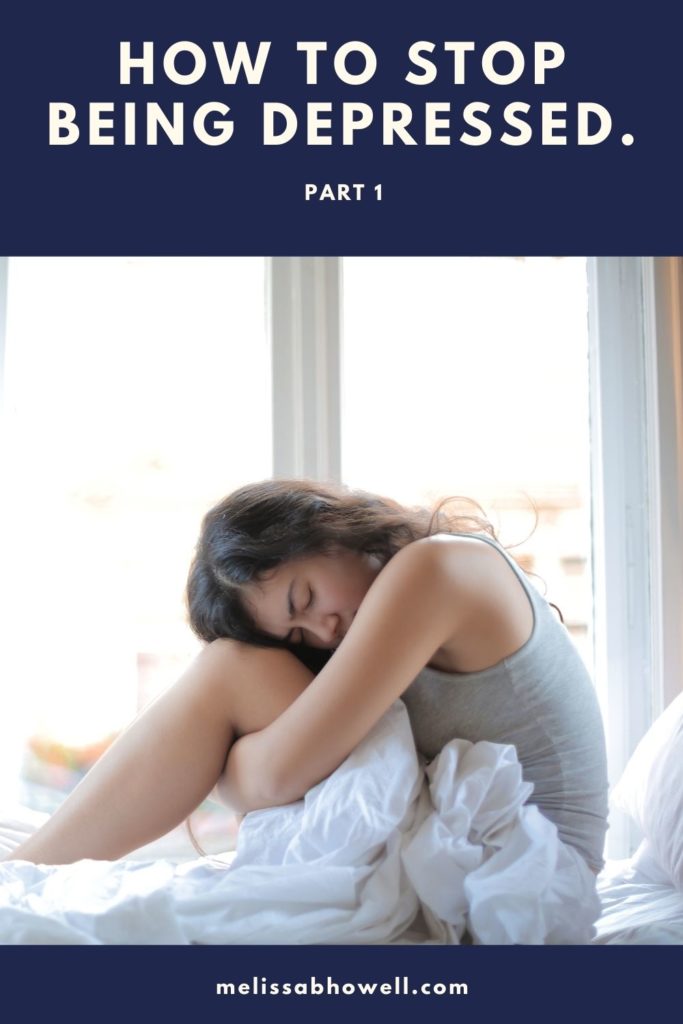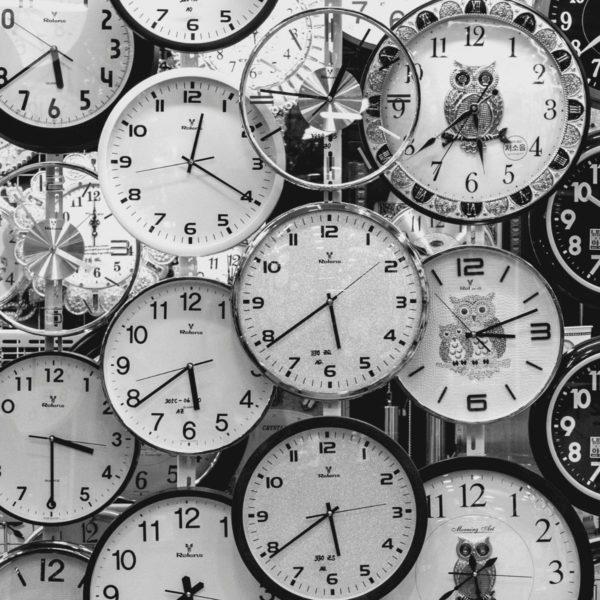Depression is a universal experience. I believe that every single person who has ever lived has experienced some form of depression, whether clinical or situational.

In this series, I am going to speak about situational depression, which is different from clinical depression. In the series, I’ll highlight treatment options, and strategies to help yourself feel better.
What is situational depression?
Situational depression is usually triggered by an event and is short-term. The depression usually manifests within 90 days of the triggering event.
Triggering events can be such things as death, divorce, job loss or retirement. They can also include the death of a dream, or a great disappointment.
That means that all of us, at one time or another, have dealt with triggering events of depression in the past, and all of us have felt depressed.
How do you know if you’re depressed?
- Signs of depression may include:
- Feeling abnormally tired and lethargic
- Not caring about things you used to care about
- Not feeling excited or hopeful about anything
- Sitting in your bed all day watching Netflix (or is that just me?)
- Crying
- Excessive worrying
- Feeling helpless
- Isolating yourself
- Inability to concentrate
- Trouble sleeping
- Trouble making decisions
- Eating too much or too little
- Suicidal thoughts
What’s the difference between situational depression and clinical depression?
There are two main differences–duration, and cause.
Duration:
In order to be diagnosed with clinical depression, a person needs to be showing a host of depressive symptoms (like many of those listed above) every day for two weeks or more. The depression must interfere with their daily life and their ability to function.
People who are clinically depressed can be depressed for weeks, months, or years, whereas people with situational depression usually see their symptoms ease over a shorter period of time. Situational depression can turn into clinical depression.
Cause:
Clinical depression can be triggered by events, but can also be triggered (and sustained) by chemicals–either those supplied by the brain, or those supplied in the form of drugs and alcohol.
Some people are genetically predisposed to depression, but are not destined to be depressed. Many factors contribute to depression, including imbalances in neurotransmitters in the brain.
Those who think they may have clinical depression can often be helped with certain anti-depressants (prescribed by a doctor) and with therapy, such as Cognitive Behavioral Therapy.
Many other factors can help alleviate depression as well, such as diet and exercise.
In this series, I’m going to talk about how to recover from situational depression, based on my own experience.
Check back for the rest of the series where I’ll give you specific ideas for how to overcome the inevitable bouts of depression we all face in life.
In the meantime, leave me a comment letting me know YOUR best ideas for overcoming depression!
Click here to read Part 2 in this series on overcoming depression.
How are you doing? No, really. How is your life going right now? Take my Life Assessment and get your Life Score. You’ll get customized suggestions and links to resources to help you optimize your home and your brain based on your score. Click here now to take your Life Assessment!
To learn more about the differences between situational and clinical depression, check out this article at Medical News Today.
Pin me!



